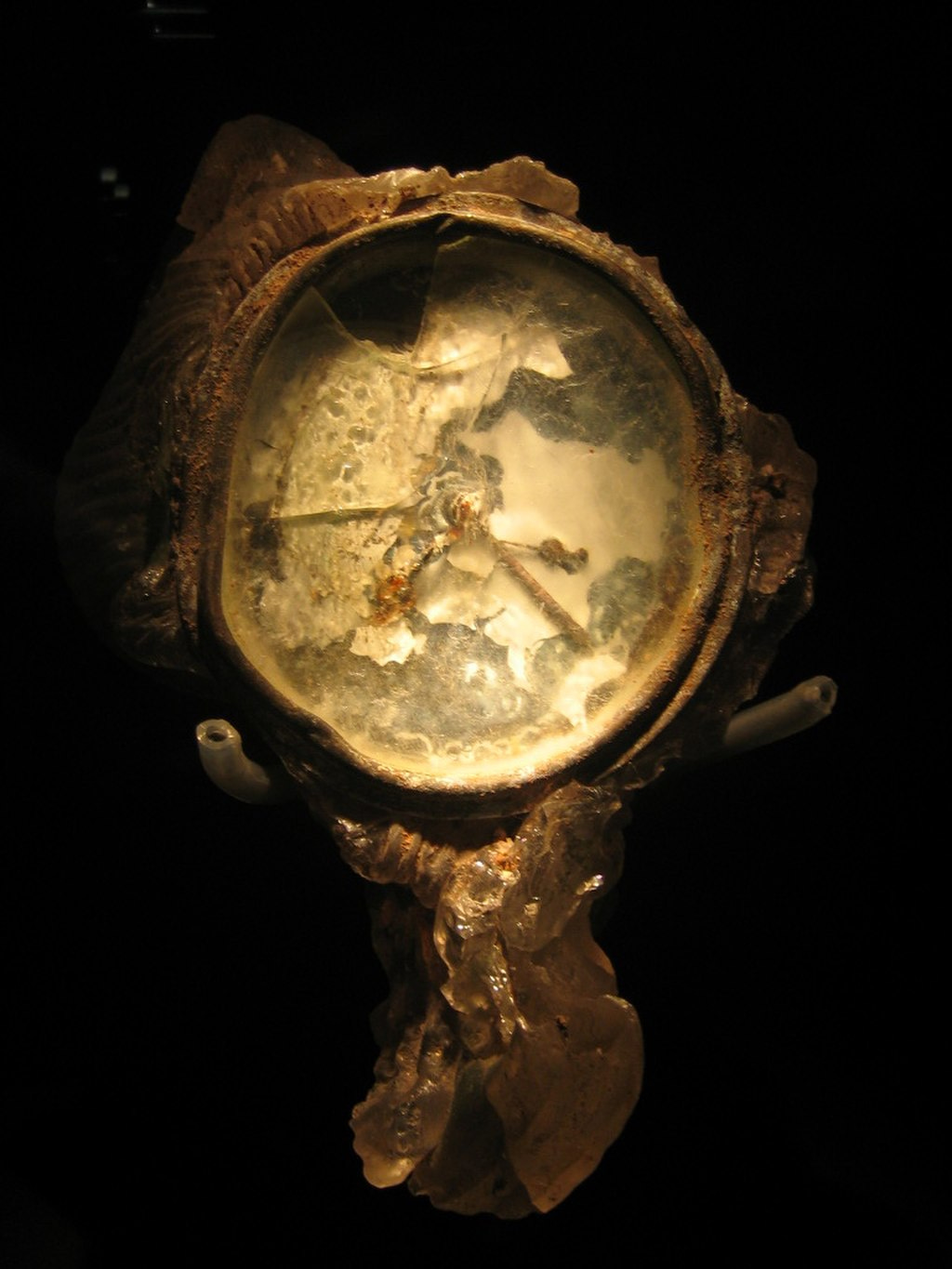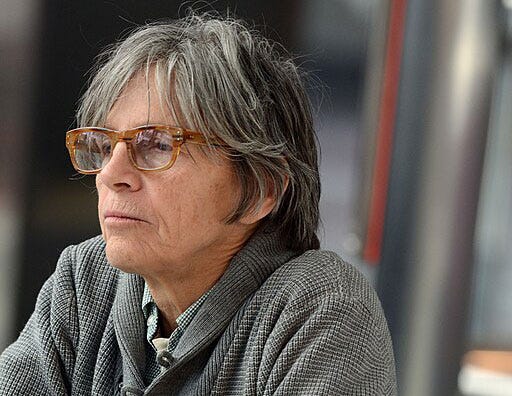Heat of the Moment
Annie Dillard on praying mantises, Eileen Myles on Stonewall, and Henry James on John Singer Sargent
Timeless stories from our 175-year archive handpicked to add context to the news of the day.
On a Wing and a Prayer

In our July issue, Lewis Hyde writes that one of the “deepest pleasures” of his life has come from watching butterflies. For decades, he has participated in the annual Concord, Massachusetts, butterfly count, alongside other amateur naturalists. The population of the Aphrodite Fritillary, “a large orange-and-black butterfly with amber eyes and light-catching silver spots on the underwing,” has fallen 90 percent in recent decades. To understand this declining trend, Hyde explains, requires an understanding of deep time. “Eleven thousand years of survival versus a few decades of decline: it may not be clear how we are to reckon with spans of time so utterly out of proportion with one another, but that is now the task at hand as more species decline or go extinct,” Hyde writes. “How are we, who plant our corn in spring, who live with four-year election cycles and thirty-year mortgages—how are we to position ourselves in relation to the inhuman forces that have been shaping the earth for four and a half billion years and now seem to be accelerating? How, in short, shall we approach the climate crisis when the needed sense of proportion can be baffled by floods of geological time?”
In Annie Dillard’s first essay for Harper’s Magazine, in August 1973, she recounts witnessing the mating rituals of praying mantises. “She was upside-down, clinging by her feet to a horizontal stem of wild rose. Her head was deep in dried grass. Her abdomen was swollen like a smashed finger; it tapered to a fleshy tip out of which bubbled a wet, whipped froth,” Dillard writes. “I couldn't believe my eyes. I lay on the hill this way and that, my knees in thorns and my cheeks in clay, trying to see as well as I could.”
Flash Points: On Nuclear Warfare

[December 1983]
“There is a sense in which the split occurred in the beginning—at the moment of genesis, when the first atomic bomb illuminated the nighttime New Mexico sky at Trinity site. ‘Some wept, a few cheered. Most stood silently,’ J. Robert Oppenheimer said of the varied reactions of the atomic scientists to their creation.”
Read “Mad About the Bomb” by Gregg Herken
[January 2000]
“In a world boiling with local (and not so local) hatreds, the retrogression of arms control raises the question of whether the Cold War, instead of being the high point of danger in a waning nuclear age, will prove to have been a mere bipolar rehearsal for a multipolar second nuclear age.”
Read “The Unfinished Twentieth Century” by Jonathan Schell
[August 2018]
On nuclear command control.
Read “How to Start a Nuclear War” by Andrew Cockburn
Eileen Myles in the Archive

Eileen Myles is a poet, novelist and art journalist. Their first novel, Cool For You, was released 25 years ago.
[May 2012]
“when I look out / at you / how absurd to think / of Diet Coke”
Read the poem
[February 2017]
From a conversation between Eileen Myles and Jill Soloway: “We’re doing a little bit of a lesbian-style divorce, in which you sort of break up, and then you stay with each other forever. The car was going faster than we could.”
Read the conversation
[June 2019]
“I would like an entire upending of rules, an erasure of what’s polite, a celebration of a gendered public self as a given, self-description accepted or not commented on, parceled, incarcerated by your need to categorize being the polite rule, or my absolute preference today, Honey, no gendered greeting at all.”
Read “The Lady Who Appears to be a Gentleman”
[September 2020]
“He was thinking about the box with the binders. Or maybe it was the photos. Now he looked up at me. In my business, he said, we call a box like that the gusher.”
Read the essay
The Portrait of a Lady
[October 1887]
“There is no greater work of art than a great portrait—a truth to be constantly taken to heart by a painter holding in his hands the weapon that Mr. Sargent wields. The gift that he possesses he possesses completely—the immediate perception of the end and of the means.”
Read Henry James’s profile of John Singer Sargent
[December 2024]
Ruth Franklin reviews Jean Strouse’s biography of John Singer Sargent.
Read the review









